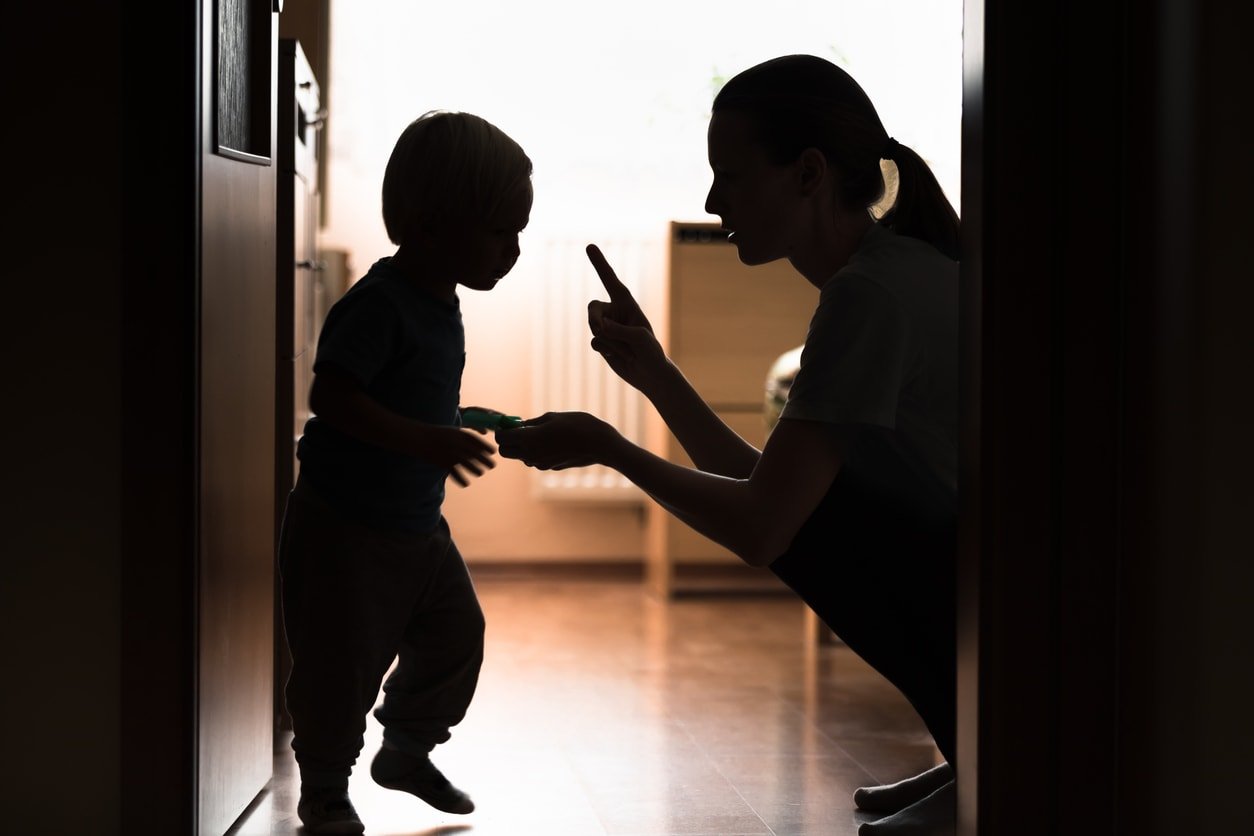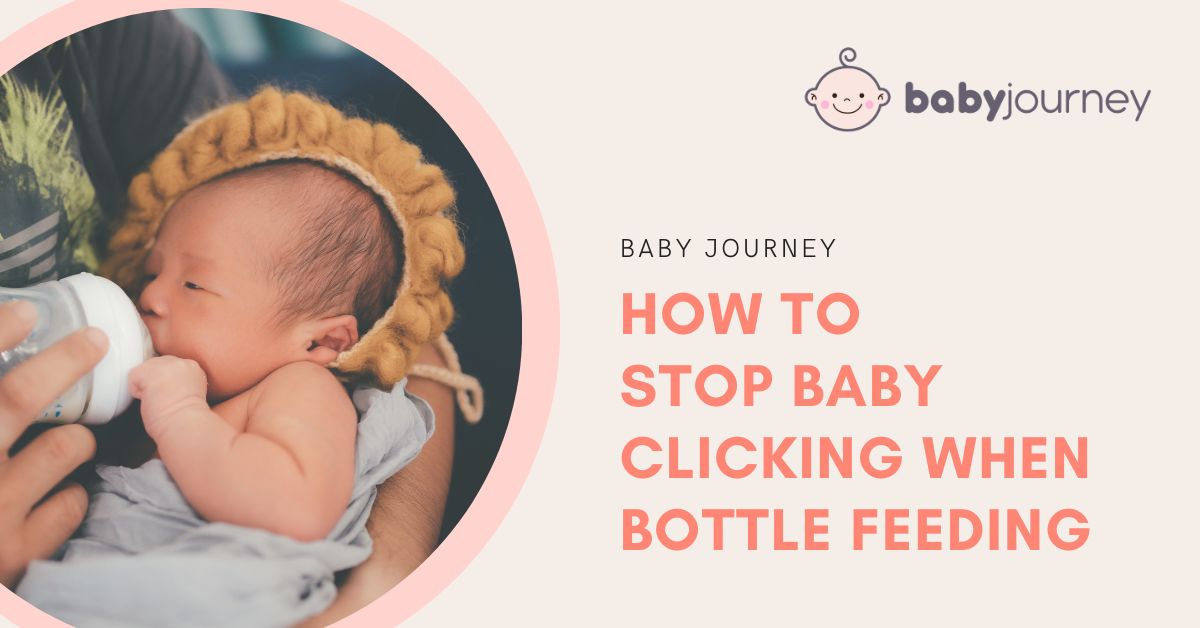
Like many behaviors, tantrums, whining, or throwing things, toddler hitting is something many parents worry about. It’s common to see a toddler turn around and thump their sibling, friend, or parent when things don’t go their way. And it can be troubling when either your child is the one being hit or the one doing the hitting. You might worry you’re doing something wrong, but how do you stop a toddler from hitting? And did you know toddler hitting and other aggressive behaviors are a normal part of a child’s development?
Toddler hitting occurs for several reasons, including emerging language skills. Our little people are still honing their communication skills. When they can’t express themselves or meet their needs, they can get frustrated easily and lash out. Here are three other reasons for toddler hitting:1,2
1. They don’t understand it’s bad.
At this stage of development, our toddlers don’t yet have empathy. This is the ability to understand things from another person’s perspective and how they might feel. As such, they may not fully comprehend that another person might not feel very good if they hit them.
Perhaps they have some understanding that hitting or being aggressive isn’t great, but it still might not stop them. Impulse control is not well developed in toddlers. The prefrontal cortex, which helps us make good decisions, doesn’t fully develop until late adolescence or early adulthood. So, making a “choice” can be tricky when our little people are caught up in the moment.
The toddler years are when our kids first realize their behavior influences others and how they react or behave. This is very interesting to our budding social scientists who want to determine how people tick, the boundaries, and how far they can take things. Toddlers will purposefully test limits to discover what is expected from them with different people and situations. It helps them make sense of the world, which is very important but equally very trying.
As distressing as it is when your child is hitting or being aggressive, you can take several preventative measures to help your toddler learn other ways to manage things. It might take a few tries to see what works best for your child and where hitting or aggressive behavior occurs in each unique situation.3,4
1. Remove them. Plain and simple.
Take them away from the trigger situation or person. Do not allow toddler hitting to continue or let them continue hurting someone else. This might mean gently stopping them by putting your body between them and another person or turning them around if they are hitting you and away from their target.
This could be a distraction or involve directing their physical distress and energy somewhere else that doesn’t harm other people. You could tell them that “hitting isn’t okay, but you have some big feelings that make you want to move your body. How about we stomp our feet instead?”
Helping your child understand their feelings and why they are happening can reduce their frustration, and when they feel more in control and less frustrated, they can better regulate or make good decisions.
While there are several ways to handle your toddler hitting someone, there are a few things to avoid doing.5,6
Remember that prefrontal cortex? When our little people have big feelings, they use another part of their brain (usually the amygdala), which means they can’t access the logical part of their brain. So, you can’t reason with them or try to get them to understand their behavior is wrong at that moment. Wait until they are calm, and all triggers are removed before you try to talk to them about their behavior or how to handle themselves better next time.
Your child will not understand why you are telling them not to hit and then hitting them as a consequence. It just won’t compute. They instead learn that hitting is a way of managing situations, rather than what you want them to learn, which is resolving things in another way. Research indicates that children who receive corporal punishment (like spanking, hitting, etc.) are more prone to violence and emotional dysregulation.
It would be best if you stayed calm at the moment. I know it’s hard, but not only will your child be watching you and modeling or copying what they see, but your feelings can fuel the fire and increase their distress or emotions.
Although we have explored several reasons toddlers hitting or acting aggressively can be normal, it doesn’t mean you should ignore it. Here are some strategies for supporting your toddler to understand hitting is unacceptable and learning other ways to manage their big feelings.6,7
The first tip to stop a toddler from hitting is to observe your little one to try and figure out what prompts them to get a bit handsy. Maybe it’s when they are tired, hungry, or overstimulated. When you know what triggers them, you can better manage the situation or circumvent it from happening in the first place.
Another tip to stop a toddler from hitting is avoiding exposure to violent media or games. Our children copy what they see, so ensure they aren’t being shown things involving shouting and violence (physical, emotional, real, or threatened). Find some age-appropriate media demonstrating pro-social or appropriate behaviors you would like them to copy.
3. Keep Them Busy and Active
Toddlers have a lot of energy, so give them a chance to burn it off and let off steam by running around and using up their energy positively.
Ensure everyone around you is on the same page regarding responding to aggressive behavior. Ensure everyone keeps to the same limits, expectations and delivers the same consequences. Not being consistent can exacerbate hitting and aggression. Our toddlers are testing boundaries to know what’s acceptable, and when they feel like there is no control or clear boundary, it can be scary for them. Remember, big feelings can sometimes result in increased hitting/aggression.
Toddlers need to start understanding that certain behaviors are linked with certain consequences. This is most effective when they are logical. If they throw toys, then the toys are removed; if they hit a friend, they are moved away from them. These are all logical; however, if they throw a ball at their sibling’s head and you take their favorite teddy, they won’t understand or link these two actions clearly. Your child must see a clear link between their behavior and what happens next to learn from the situation.
If your child has many “tools” in their “tool chest” for resolving their issues, they can draw on more things to help them manage challenging situations. Name their feelings, empathize with them, and then share an alternative. For example, say, “I can see you were upset with your sister when she wouldn’t share her snack. Instead of hitting, which is unacceptable, you could ask if she could please share or ask me to get you something to eat.”
Feeling overwhelmed or even frustrated with toddler hitting and aggression is normal. Regardless of the reason for their behavior, it’s important to approach things in a calm way to stop a toddler from hitting. Practice many strategies and determine which are most effective for your child. Ensure all caregivers are on the same page regarding responding, and this challenging behavior will pass in time. However, if you are concerned because their behavior has changed suddenly, they are hurting themselves, are overly fixated on violent themes when playing, you can’t figure out their triggers, or their behavior changes after a traumatic or significant life event, it might be helpful to engage a trusted health professional for support and further investigation.

 PARENTING TIPS
PARENTING TIPS PREGNANCY
PREGNANCY BABY CARE
BABY CARE TODDLERS
TODDLERS TEENS
TEENS HEALTH CARE
HEALTH CARE ACTIVITIES & CRAFTS
ACTIVITIES & CRAFTS


